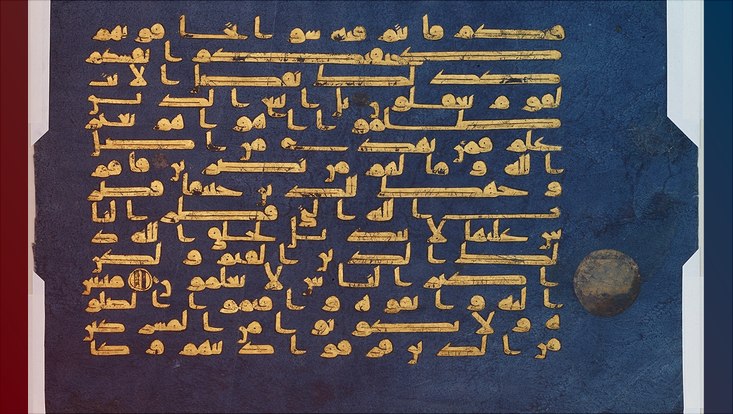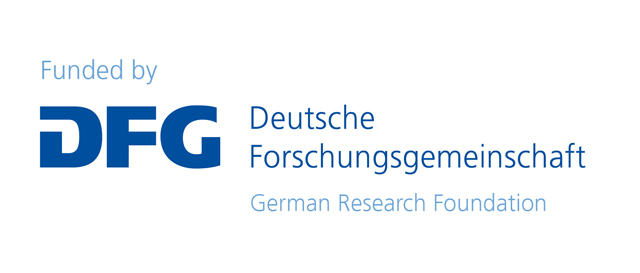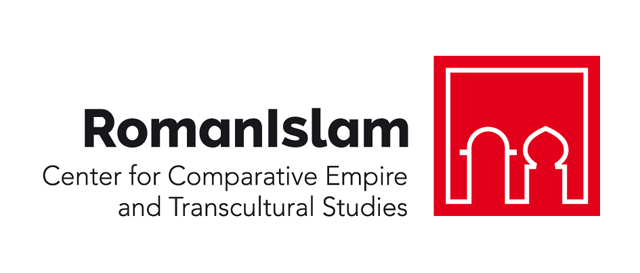Not the Conquerors’ Religion: Local Beliefs vs. Imperial Religion, February 10-11, 2022

The conquests of the Arab armies in the seventh and eighth centuries made Islam the dominant force in a region that extended from the Iberian Peninsula as far as the Tarim Basin. However, it has increasingly been recognized that this dominance was political and administrative rather than demographic.
Conversion by the native populations was a slower process and it often took centuries before Islam became the majority religion. The Arab historical sources convey the political domination of Islam, suggesting that Islamization met little resistance from the indigenous population, and that social and political advancement was contingent upon conversion to Islam. We invite participants to look behind this depiction in two ways.
The first is by examining the continuation of local non-Muslim social and religious structures and their political adaptation or resistance to the new reality of the Arab-Islamic Empire. The second is by nuancing the understanding of Islamization by examining conversion to a form of Islam other than the Islam of the conquerors, and considering this as a form of resistance to the political dominance of the new regime.
Whether through close reading of Arabic texts or on the basis of non-Arabic written sources or material culture, we welcome proposals that consider how the regional beliefs either stand by their religion as a form of resistance or accepted Islam but embraced, or developed, a form of the religion that was markedly distinct from that of their conquerors.
In addition to Khārijism, Ibāḍism, Ṣufrism and Shīʿism as key features of the religious landscape of early Islamic North Africa, the spread of the teachings of the Muʿtazila school also played a role in the development of religious ambivalence. Rather than open resistance, can religious diversity be understood as a nuanced regional acceptance of or resistance to the new status quo? We are interested in how social groups adapted to the new political and religious circumstances, without fully submitting to Islamic imperial rule.
The workshops aims at adrdressing the following questions:
- What is the social base of the religious and political opposition?
- What role does ethnic/tribal/regional identity play in the formation of religious
opposition? - What elements of the conquerors’ religion have been adopted and which were rejected?
- How far can specific articulations of religion be seen as opposition to the conqueror’s
dominance? - Are patterns of political authority in the pre-Islamic period relevant for the spread of
religious diversity after the conquest? - What role did dissident political and religious movements from the East play for
formation of opposition in the West?
Program Flyer
Abstracts
For registration please contact antonia.bosanquet"AT"uni-hamburg.de by Feb. 5, 2022








